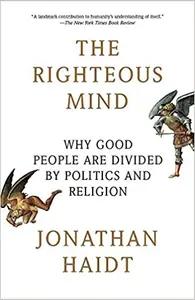The Righteous Mind: Why Good People Are Divided by Politics and Religion
By Jonathan Haidt
Category
CultureRecommended by
"The Righteous Mind" by Jonathan Haidt offers a fascinating exploration of moral psychology, dissecting the foundations of our ethical beliefs and the intricate ways in which they shape our societies. By delving into the complexities of human morality, Haidt thoroughly examines how political and religious ideologies differ across cultures, enlightening readers about the diverse perspectives that guide our moral intuitions.
Drawing from his extensive research, Haidt emphasizes that righteous judgment is seldom based on rationality alone, but rather emerges from a combination of innate intuitions and learned experiences. He introduces the concept of moral foundations, which are underlying principles such as care/harm, fairness/cheating, loyalty/betrayal, authority/subversion, and sanctity/degradation. These foundations serve as the building blocks for both individual and collective moral reasoning, influencing our opinions on various issues from politics to religion.
Haidt argues that understanding the moral frameworks of others is crucial for fostering greater empathy and mutual understanding in a highly polarized world. Exploring the evolutionary origins of morality, he challenges the notion of moral superiority, urging readers to transcend their biases and consider alternative perspectives. The book also examines the profound impact of morality on political divisions and highlights how different moral matrices drive the divergent beliefs held by conservatives, liberals, and libertarians.
"The Righteous Mind" presents a thought-provoking analysis of moral psychology, shedding light on the intricate web of emotions, intuitions, and cultural influences that shape our sense of right and wrong. Haidt's engaging writing style and well-supported arguments encourage readers to explore the vast dimensions of morality and contemplate the power of empathy in resolving conflicts and bridging social divides.
Drawing from his extensive research, Haidt emphasizes that righteous judgment is seldom based on rationality alone, but rather emerges from a combination of innate intuitions and learned experiences. He introduces the concept of moral foundations, which are underlying principles such as care/harm, fairness/cheating, loyalty/betrayal, authority/subversion, and sanctity/degradation. These foundations serve as the building blocks for both individual and collective moral reasoning, influencing our opinions on various issues from politics to religion.
Haidt argues that understanding the moral frameworks of others is crucial for fostering greater empathy and mutual understanding in a highly polarized world. Exploring the evolutionary origins of morality, he challenges the notion of moral superiority, urging readers to transcend their biases and consider alternative perspectives. The book also examines the profound impact of morality on political divisions and highlights how different moral matrices drive the divergent beliefs held by conservatives, liberals, and libertarians.
"The Righteous Mind" presents a thought-provoking analysis of moral psychology, shedding light on the intricate web of emotions, intuitions, and cultural influences that shape our sense of right and wrong. Haidt's engaging writing style and well-supported arguments encourage readers to explore the vast dimensions of morality and contemplate the power of empathy in resolving conflicts and bridging social divides.
Share This Book 📚
More Books in Culture
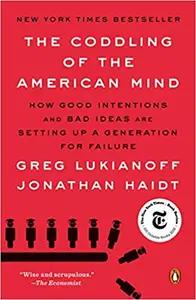
The Coddling of the American Mind
Greg Lukianoff & Jonathan Haidt
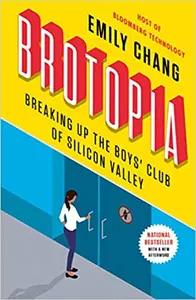
Brotopia
Emily Chang
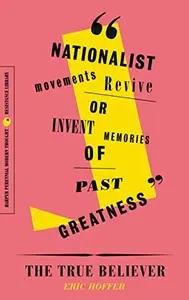
The True Believer
Eric Hoffer
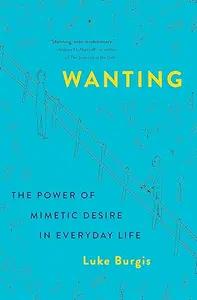
Wanting
Luke Burgis
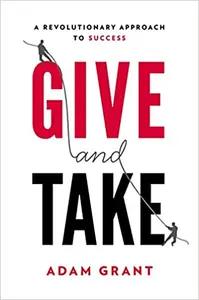
Give and Take
Adam Grant
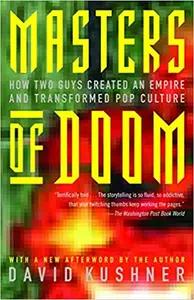
Masters of Doom
David Kushner

The Holy Bible
Various
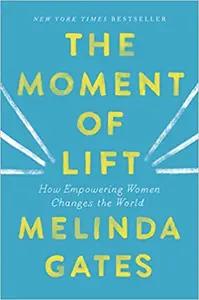
The Moment of Lift
Melinda Gates
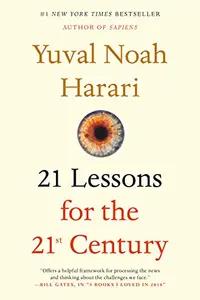
21 Lessons for the 21st Century
Yuval Noah Harari
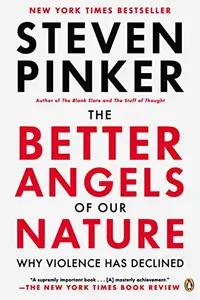
The Better Angels of our Nature
Steven Pinker
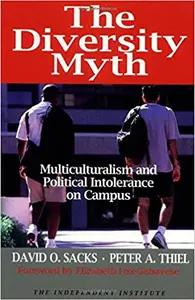
The Diversity Myth
Peter Thiel & David Sacks
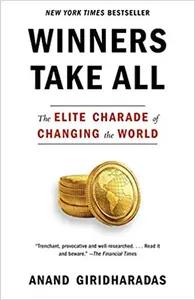
Winners Take All
Anand Giridharadas
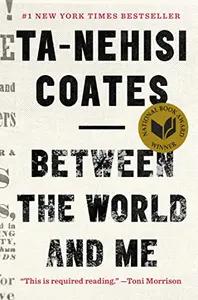
Between The World And Me
Ta-Nehisi Coates
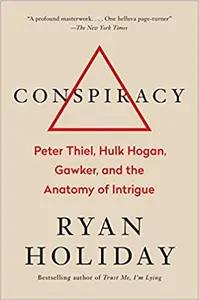
Conspiracy
Ryan Holiday
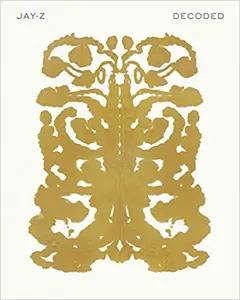
Decoded
Jay-Z

Play It Away
Charlie Hoehn

San Fransicko
Michael Shellenberger
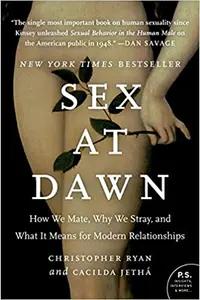
Sex at Dawn
Christopher Ryan
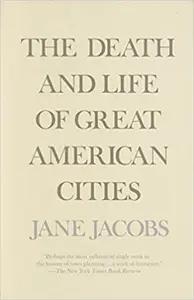
The Death and Life of Great American Cities
Jane Jacobs
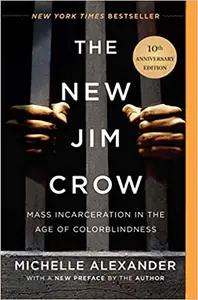
The New Jim Crow
Michelle Alexander
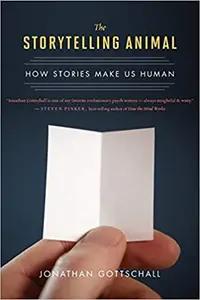
The Storytelling Animal
Jonathan Gottschall
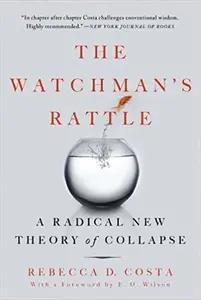
The Watchman's Rattle
Rebecca Costa
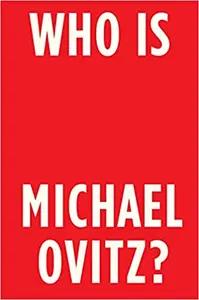
Who Is Michael Ovitz
Michael Ovitz
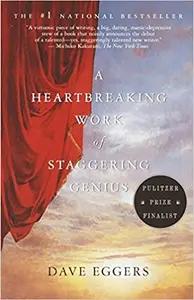
A Heartbreaking Work of Staggering Genius
Dave Eggers
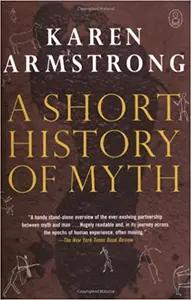
A Short History of Myth
Karen Armstrong
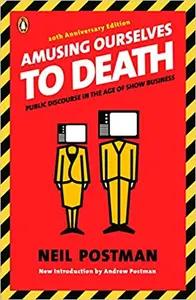
Amusing Ourselves to Death
Neil Postman
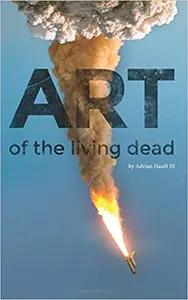
Art of the Living Dead
Adrian Hanft
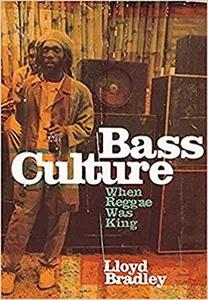
Bass Culture
Lloyd Bradley
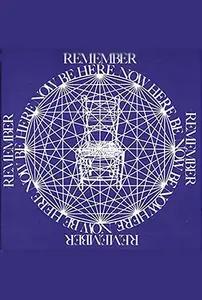
Be Here Now
Ram Dass
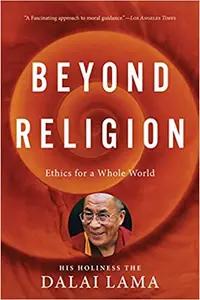
Beyond Religion
Dalai Lama
Popular Books Recommended by Great Minds 📚
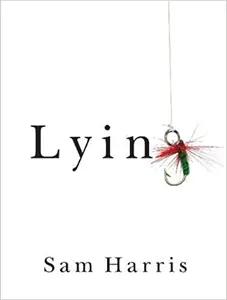
Lying
Sam Harris
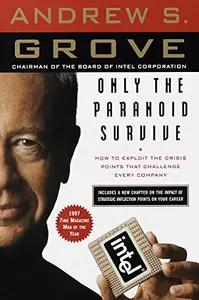
Only the Paranoid Survive
Andy Grove
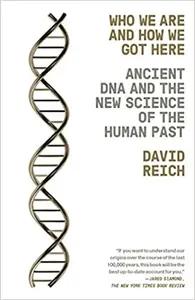
Who We Are and How We Got Here
David Reich
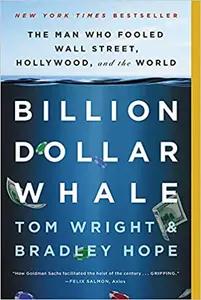
Billion Dollar Whale
Tom Wright
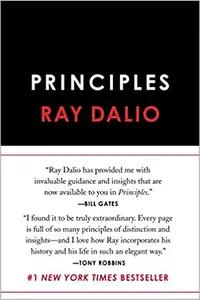
Principles
Ray Dalio
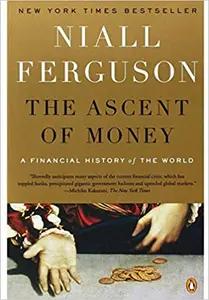
The Ascent of Money
Niall Ferguson

Hillbilly Elegy
J.D. Vance
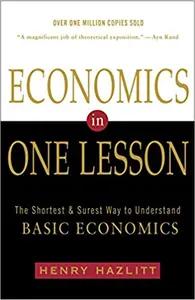
Economics in One Lesson
Henry Hazlitt
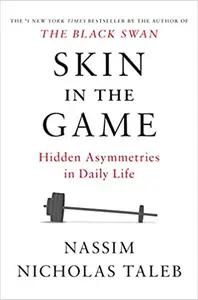
Skin In The Game
Nassim Taleb
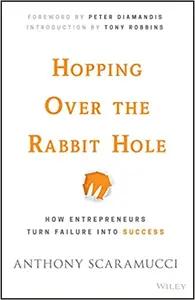
Hopping Over The Rabbit Hole
Anthony Scaramucci

The Holy Bible
Various
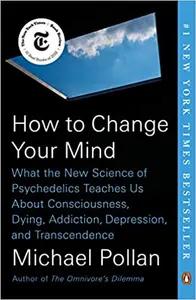
How to Change Your Mind
Michael Pollan
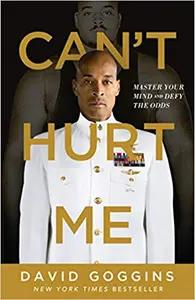
Can't Hurt Me
David Goggins
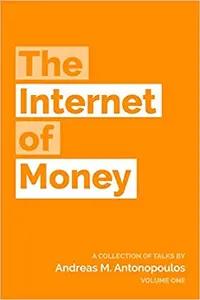
The Internet of Money Volume 1
Andreas Antonopolous
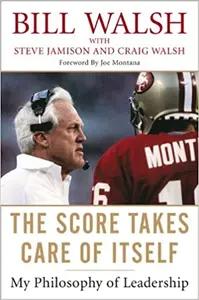
The Score Takes Care of Itself
Bill Walsh
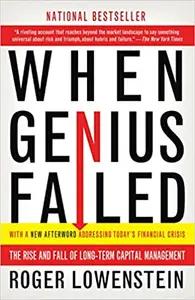
When Genius Failed
Roger Lowenstein
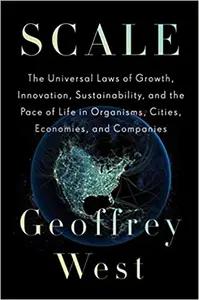
Scale
Geoffrey West
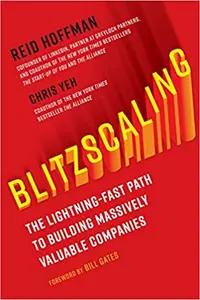
Blitzscaling
Reid Hoffman
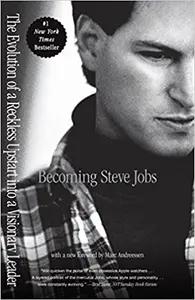
Becoming Steve Jobs
Brent Schlender
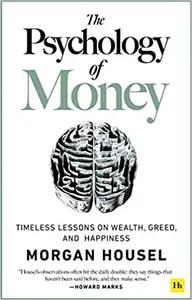
The Psychology of Money
Morgan Housel
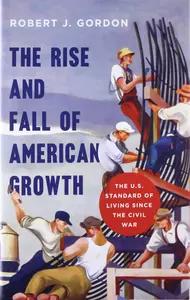
The Rise And Fall Of American Growth
Robert J. Gordon

The Intelligent Investor
Benjamin Graham

When Breath Becomes Air
Paul Kalanithi

The True Believer
Eric Hoffer
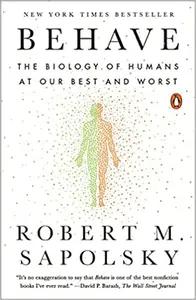
Behave
Robert Sapolsky
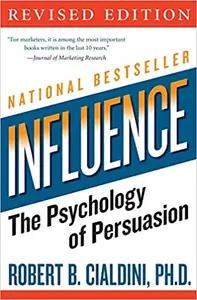
Influence
Robert Cialdini
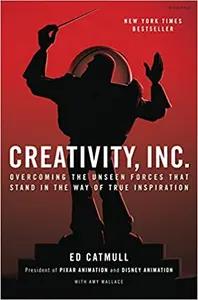
Creativity, Inc.
Ed Catmull
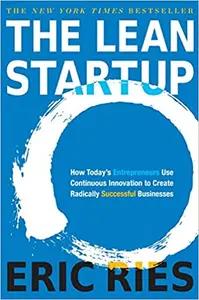
The Lean Startup
Eric Reis
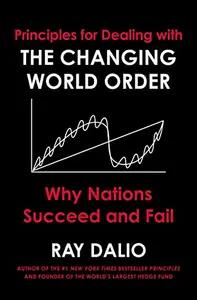
Principles for Dealing With The Changing World Order
Ray Dalio

Guns, Germs, and Steel
Jared Diamond
